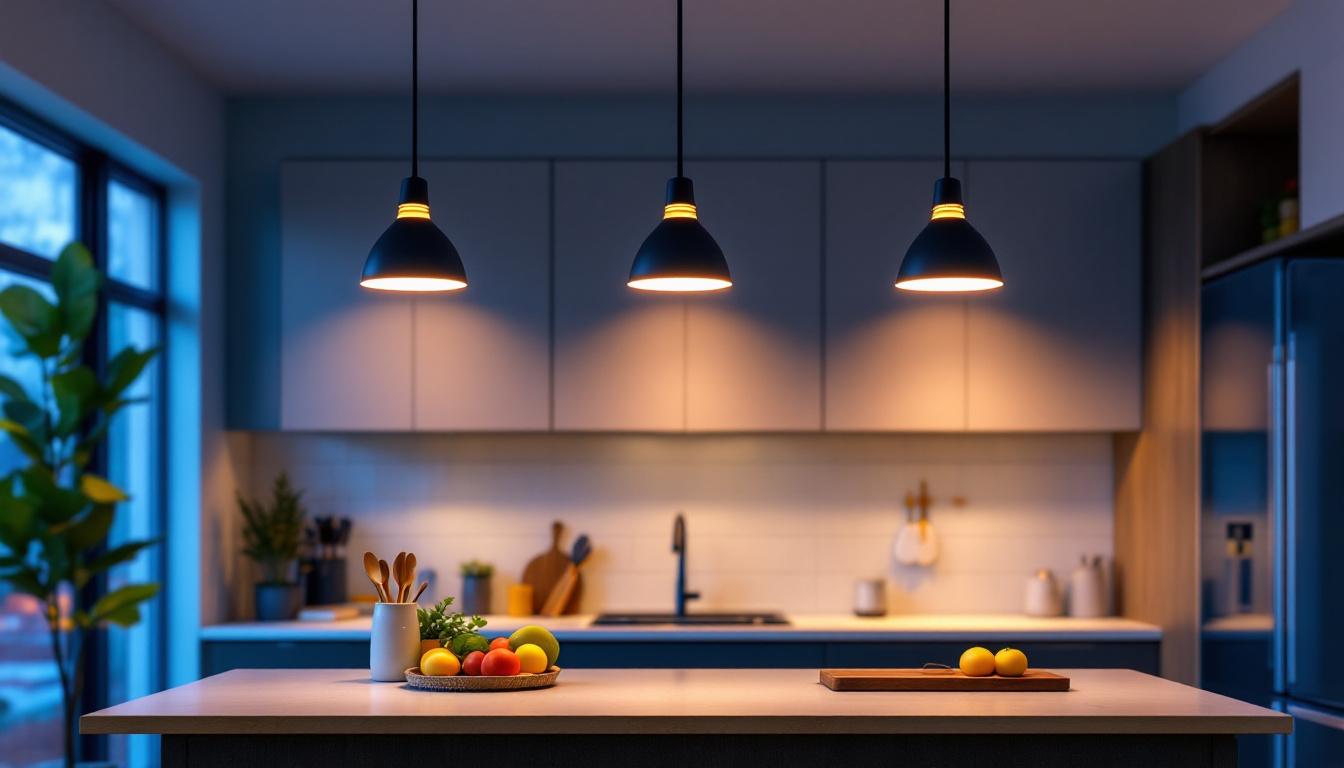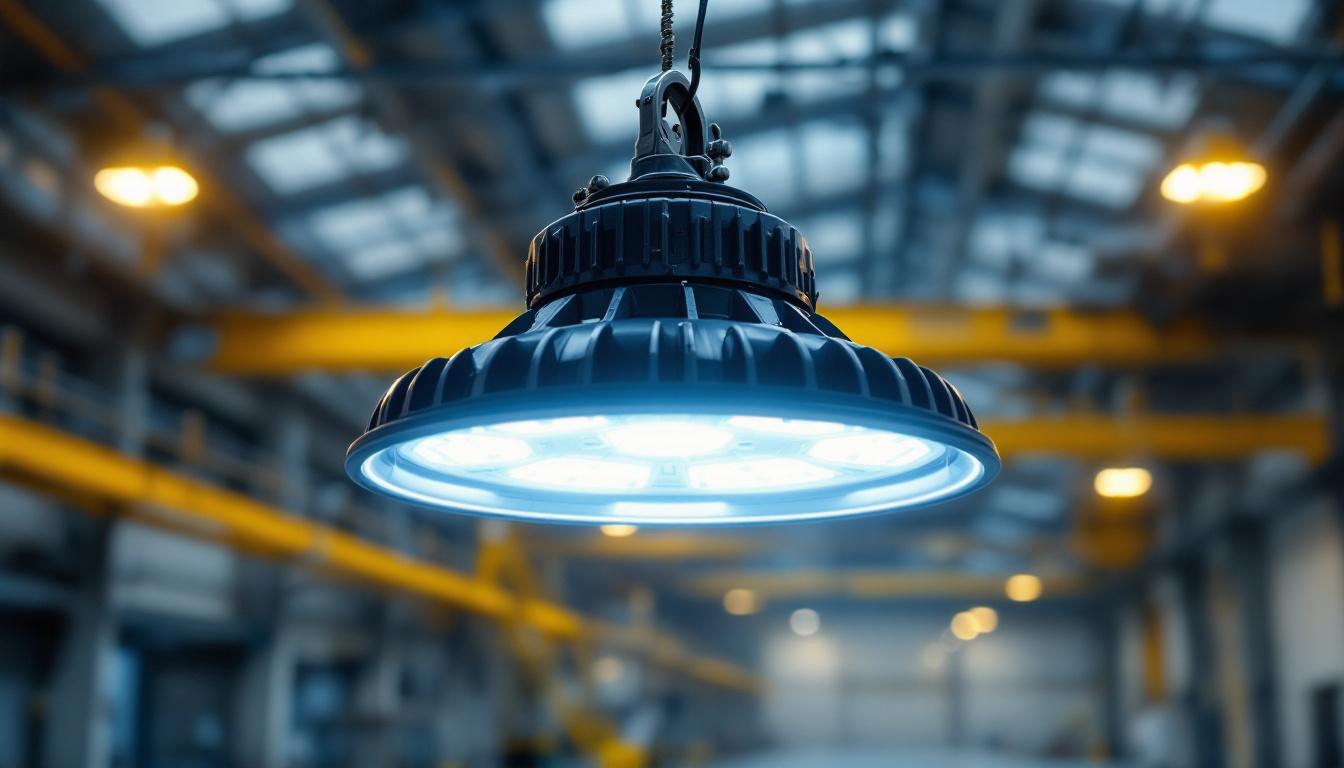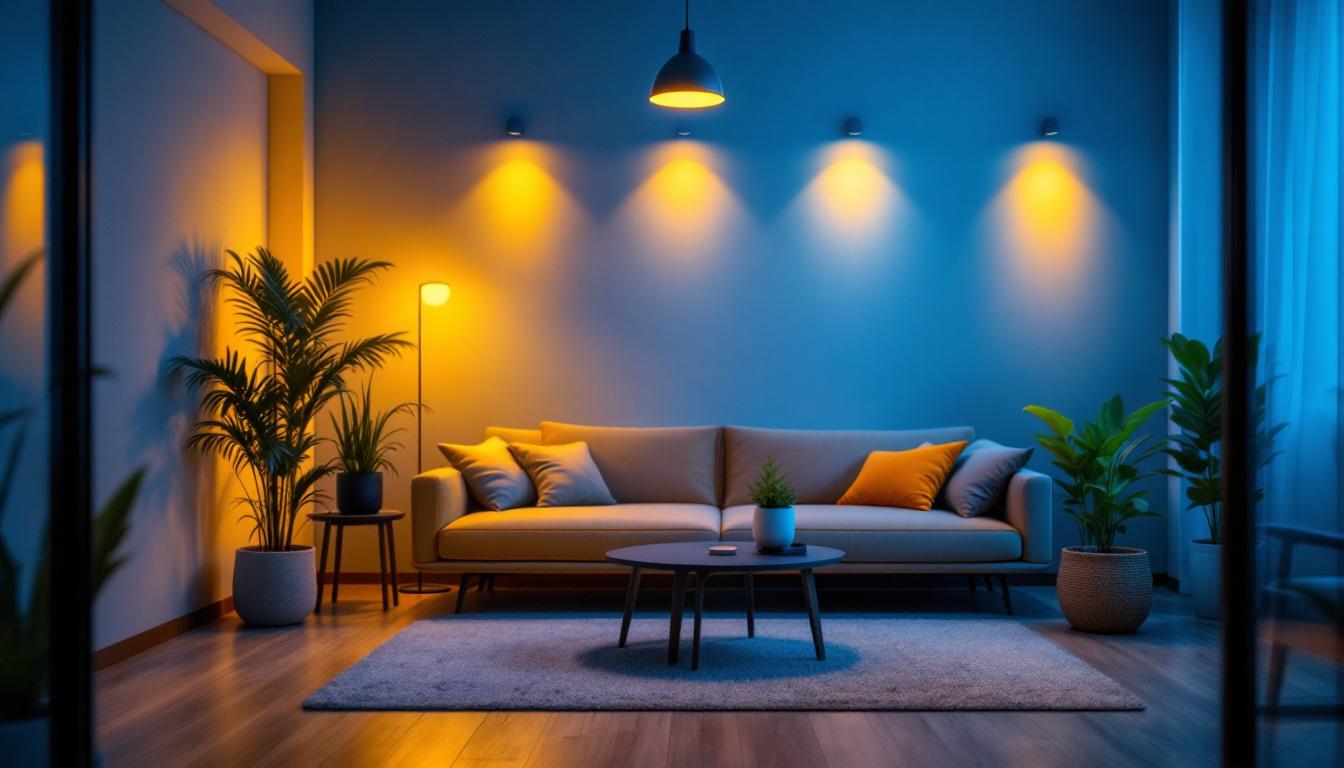
As the demand for sustainable and energy-efficient lighting solutions continues to grow, landscape solar lights have become a popular choice among homeowners and businesses alike. For lighting contractors, understanding the nuances of these products is essential for providing clients with the best options. This article addresses common questions that lighting contractors may encounter regarding landscape solar lights, helping them make informed decisions for their projects.
solar lights operate by converting sunlight into electricity through photovoltaic cells. These cells capture sunlight during the day and convert it into energy, which is stored in rechargeable batteries. When night falls, the stored energy powers the LED lights, illuminating the landscape without drawing from the grid. This technology not only reduces energy costs but also minimizes the carbon footprint, making solar lights an eco-friendly option.
Most solar lights come equipped with sensors that detect ambient light levels. This feature allows them to automatically turn on at dusk and off at dawn, ensuring convenience and efficiency. Understanding this basic functionality is crucial for contractors when advising clients on the benefits of solar lighting.
Solar landscape lights come in various styles and functionalities, catering to different aesthetic preferences and practical needs. Common types include path lights, spotlights, floodlights, and decorative lights. Path lights are ideal for illuminating walkways, while spotlights can highlight specific features such as trees or architectural elements. Floodlights provide broader illumination, making them suitable for larger areas.
Additionally, decorative solar lights can enhance the visual appeal of gardens and outdoor spaces. They often come in unique designs, adding an artistic touch while serving a functional purpose. Contractors should familiarize themselves with these options to better guide clients in selecting the right type of solar lighting for their landscape.
When installing solar landscape lights, several factors must be taken into account to ensure optimal performance. First and foremost, the location of the lights is critical. They should be placed in areas that receive direct sunlight for a significant portion of the day. Obstructions such as trees, buildings, or fences can hinder sunlight exposure, reducing the lights’ efficiency.
Another consideration is the angle of the solar panel. For maximum energy absorption, panels should be positioned to face south in the northern hemisphere and north in the southern hemisphere. This orientation allows the panels to capture the most sunlight throughout the day.
Weather conditions play a significant role in the performance of solar landscape lights. Prolonged periods of cloudy or rainy weather can limit the amount of sunlight the solar panels receive, leading to reduced battery charging. It is essential for contractors to educate clients about this limitation and suggest solutions, such as selecting solar lights with larger battery capacities or integrating hybrid systems that combine solar and traditional power sources.
Additionally, extreme temperatures can impact battery performance. In colder climates, batteries may not hold a charge as effectively, while excessive heat can lead to quicker degradation. Contractors should recommend solar lights designed to withstand local climate conditions, ensuring longevity and reliability.
One of the advantages of solar landscape lights is their low maintenance requirements. However, some upkeep is necessary to ensure optimal performance. Regular cleaning of the solar panels is essential, as dirt and debris can obstruct sunlight, reducing energy absorption. A simple wipe with a damp cloth can often suffice.
Contractors should also advise clients to check the batteries periodically. Over time, batteries may lose their ability to hold a charge and may need replacement. Providing clients with information on the expected lifespan of batteries and the signs of wear can help them maintain their solar lights effectively.
The lifespan of solar landscape lights can vary significantly based on the quality of the materials used and the conditions in which they operate. Generally, high-quality solar lights can last anywhere from five to ten years. Factors such as battery type, LED quality, and construction materials all contribute to longevity.
Contractors should emphasize the importance of investing in reputable brands that offer warranties or guarantees. This not only assures clients of the product’s quality but also provides peace of mind regarding potential future issues.
The cost of solar landscape lights can vary widely depending on the type, brand, and features. Basic models may start at a modest price point, while high-end options with advanced features can be significantly more expensive. Contractors should provide clients with a range of options that fit their budget while also highlighting the long-term savings associated with solar lighting.
When discussing costs, it is essential to consider the total cost of ownership. While the initial investment may be higher for quality solar lights, the savings on electricity bills and reduced maintenance costs can lead to substantial savings over time. Educating clients on these financial benefits can help justify the upfront expense.
Comparing solar lights to traditional lighting options reveals several advantages. Solar lights eliminate the need for electrical wiring, reducing installation costs and complexity. They also operate independently of the grid, making them an ideal choice for remote areas or locations where extending electrical lines is impractical.
Furthermore, solar lights contribute to sustainability efforts by utilizing renewable energy. As more consumers prioritize eco-friendly solutions, offering solar lighting options can enhance a contractor’s service portfolio and attract environmentally conscious clients.
Incorporating solar landscape lights into design plans requires a thoughtful approach. The goal is to enhance the landscape’s beauty while providing adequate illumination. Contractors should consider the overall style of the outdoor space—whether it is modern, rustic, or traditional—when selecting solar lights.
Strategically placing lights can create focal points and highlight key features such as gardens, pathways, and architectural elements. Layering different types of solar lights can add depth and dimension to the landscape, creating a visually appealing environment. Contractors should work closely with clients to understand their vision and preferences, ensuring that the final design meets their expectations.
Solar landscape lights can also serve a dual purpose by enhancing security. Well-lit areas deter potential intruders and increase safety for homeowners and visitors. motion sensor solar lights are particularly effective for security applications, as they automatically illuminate when movement is detected.
Contractors should discuss the benefits of integrating solar lights into security systems with clients, emphasizing the added safety and peace of mind that comes with well-lit outdoor spaces. Additionally, the absence of wiring makes installation straightforward, allowing for flexibility in placement.
A common misconception is that solar lights are too dim to provide adequate illumination. While it is true that solar lights typically emit less light than traditional electric fixtures, advancements in LED technology have significantly improved brightness levels. Many modern solar lights are designed to provide sufficient illumination for pathways, gardens, and outdoor areas.
Contractors should educate clients about the different brightness levels available and help them select lights that meet their specific needs. By showcasing high-quality solar lights with enhanced brightness, contractors can dispel the myth that solar lighting is ineffective.
While solar lights perform best in direct sunlight, they can still operate in partially shaded areas. However, the amount of light emitted may be reduced. Contractors should advise clients on optimal placement to maximize sunlight exposure, but also reassure them that some flexibility exists in installation.
In situations where sunlight is limited, recommending solar lights with larger batteries or those designed for lower light conditions can help ensure satisfactory performance. This adaptability can make solar lights a viable option for a wider range of landscapes.
The solar lighting industry is continuously evolving, with innovations aimed at enhancing efficiency, functionality, and aesthetics. Smart solar lights that integrate with home automation systems are becoming increasingly popular. These lights can be controlled remotely via smartphone apps, allowing users to adjust brightness levels, set schedules, and even monitor energy usage.
Additionally, advancements in battery technology are leading to longer-lasting and more efficient solar lights. Lithium-ion batteries, for example, offer improved performance and lifespan compared to traditional lead-acid batteries. As these technologies become more accessible, contractors can provide clients with cutting-edge solar lighting solutions.
As sustainability becomes a priority for consumers and businesses, the demand for solar lighting solutions is expected to rise. Contractors who stay informed about eco-friendly practices and products will be better positioned to meet client needs. This trend not only benefits the environment but also presents an opportunity for contractors to differentiate themselves in a competitive market.
By embracing sustainable practices, such as using recycled materials in products or promoting energy-efficient solutions, contractors can build a reputation as environmentally conscious professionals. This approach can attract clients who prioritize sustainability in their purchasing decisions.
Landscape solar lights offer a versatile and eco-friendly lighting solution for various outdoor spaces. By understanding the technology, installation considerations, maintenance requirements, and cost implications, lighting contractors can provide valuable insights to their clients. Addressing common misconceptions and staying informed about emerging trends will further enhance their expertise in solar lighting.
As the industry continues to evolve, embracing solar technology can not only meet client demands but also contribute to a more sustainable future. By integrating solar lights into landscape designs, contractors can illuminate outdoor spaces while promoting energy efficiency and environmental responsibility.
Ready to elevate your landscape lighting projects with the best in solar technology? LumenWholesale is here to support your endeavors with premium, spec-grade lighting products at unbeatable wholesale prices. Say goodbye to local distributor markups and hello to a vast selection of reliable, high-performance lighting solutions that meet the highest industry standards. Plus, with the convenience of free shipping on bulk orders, you can secure top-quality lighting for your projects at the best value — without any hidden fees. Make the smart choice for your business and your clients by choosing LumenWholesale. Explore our wholesale lighting options now and take the first step towards a brighter, more sustainable future.

Discover the essential checklist for installing kitchen ceiling can lights with expert tips from lighting contractors.

Discover why lighting contractors should prioritize porch light outdoor installations.

Discover the essential guide to high bay fixtures, exploring their benefits, applications, and how to choose the right lighting solution for your space.

Explore the rising significance of Flouracent in the lighting industry, uncovering its innovative applications, energy efficiency benefits, and the role it plays in shaping sustainable lighting solutions for the future..